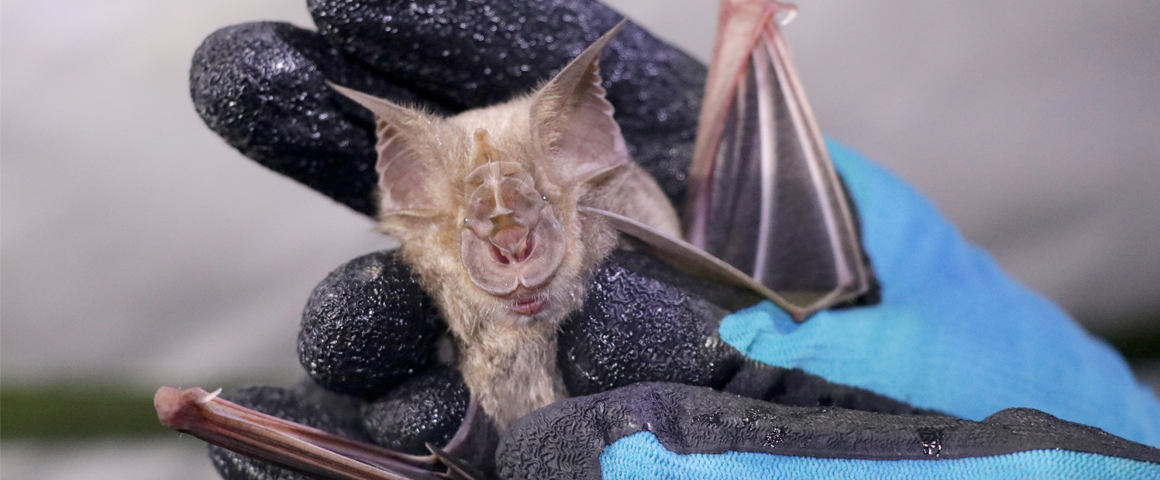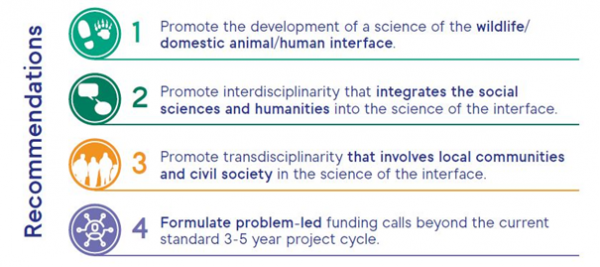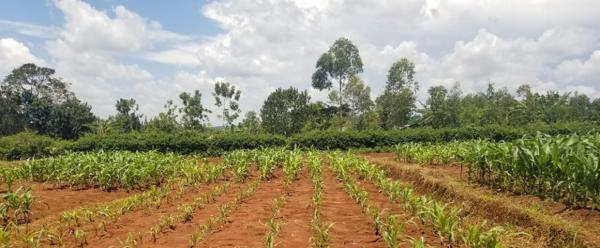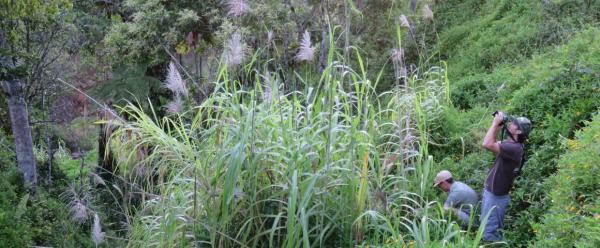Just out 3 February 2026
- Home
- Press area
- Press releases
- Biodiversity and pandemics: research priorities and recommended action
Biodiversity and pandemics: what are the priorities for research and action?

Bats are commonly studied by scientists in the hope of understanding the "spillover" phenomenon (Hurungwe, Zimbabwe) © Angela Jimu
Understanding and managing "spillover" (the transfer of a pathogen from one species to another) is crucial to preventing and controlling epidemics and pandemics, and also panzootics on livestock farms and the risks they pose for wildlife. This is one of the main challenges scientists need to address, according to this summary. These phenomena occur at wildlife/domestic animal/human (W/D/H) interfaces, which are constantly shifting. To study them, the experts recommend an interdisciplinary approach combining natural and social sciences. They also stress the vital need to involve local populations, seen as a key element in drafting pandemic prevention and preparation policies.
The main issues at W/D/H interfaces that require further research are as follows:
- How host and non-host populations adapt to changing W/D/H interfaces;
- The consequences that changes at the W/D/H interface have on different pathogen epidemiological dynamics, including the capacity for pathogens to evolve and jump species barriers;
- The risk of spillover at W/D/H interfaces, including the past and present economic, social and cultural drivers of human-animal interactions that increase risk of zoonotic pathogen spillover;
- How to assess the pandemic potential of a given spillover event;
- Assessing processes on multiple spatial scales simultaneously to understand emerging threats and properties when translating from one scale to the other;
- Developing diagnostic tools and integrated data management related to potential pathogens carried by wildlife.
The report is the result of a request for a knowledge synthesis submitted to Eklipse by several European Commission directorates, along with OHHLEP and PREZODE in particular, conducted by an inter-sectorial consortium of natural, biomedical and social science experts. Its recommendations will fuel the definitions of upcoming EU calls for tender on the topic.
Identifying gaps in knowledge and summarising recommendations on Biodiversity and Pandemics was a formidable task for the Eklipse Working Group. It questioned our relationship with Nature and challenged some of the pillars of our current societies and life models.
Eklipse is a knowledge brokering mechanism created in 2016 to help governments, institutions, businesses, and NGOs make better-informed decisions. Eklipse is recognized by the EU Commission as a key actor in developing the Science Service for Biodiversity as the scientific pillar of the Knowledge Centre for Biodiversity (EC-KCBD). Since 2022, Eklipse has been managed by the non-profit organization Alternet.




























